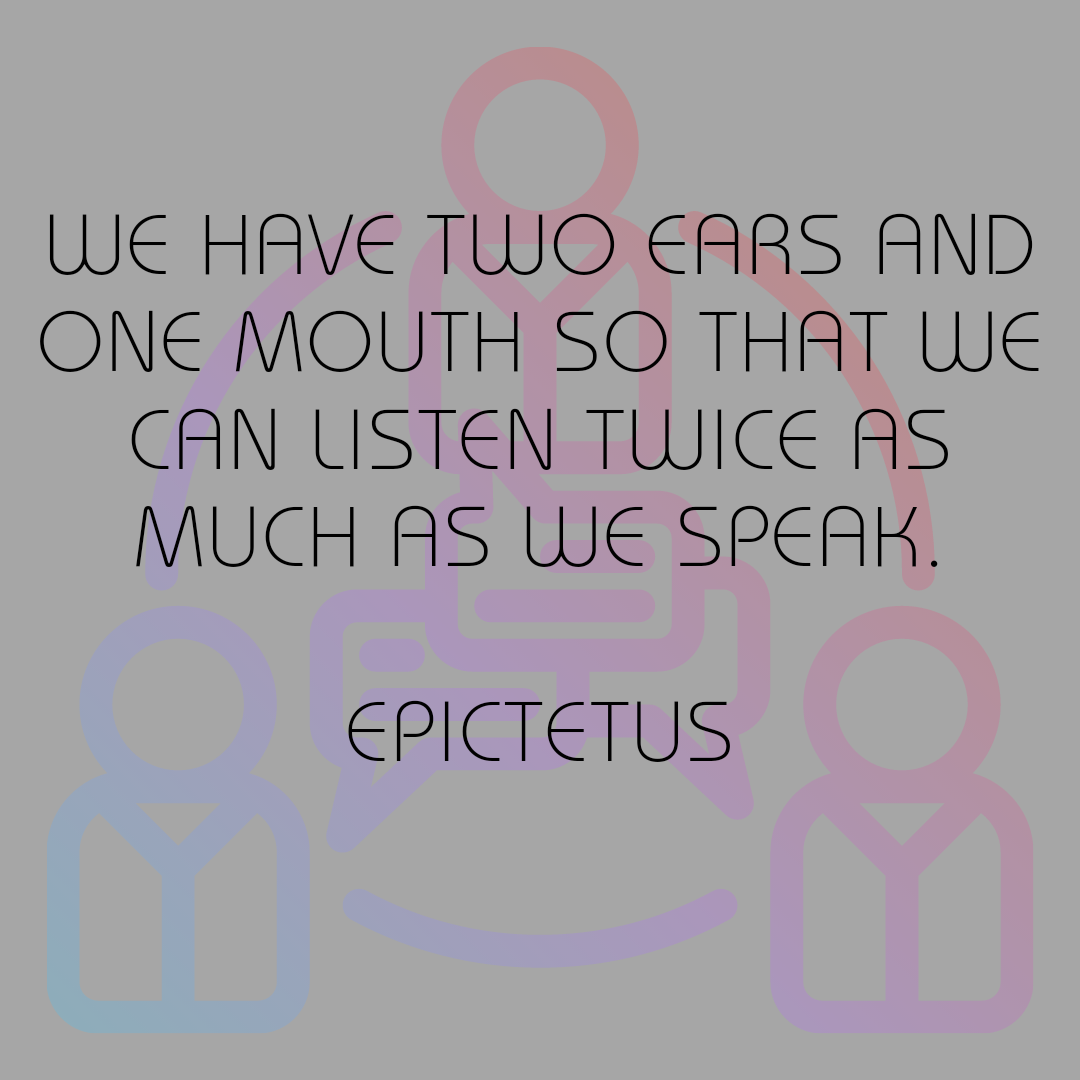Why does Professionalism matter? People want to feel comfortable at work. Why should they change their style at work? Aren’t we supposed to be accepting of people’s “true self” in the workplace.
Although we will be focusing on these concepts in business and the workplace, they reach much further and deeper into our country’s culture. The common misconception is that societal standards are debilitating and hinder freedom. The fact is that the more laws that are made, the more law-breakers there will be. Certain standards must be held by all the individuals involved in order for freedom to thrive. When individuals stop or refuse to hold certain standards by themselves (without being told through a rule), a law must be created and enforced. This changes the culture and impedes advancement.
For example, corporate credit cards are issued with mountains of paperwork spelling out what can and cannot be done with the card. This is necessary because of abuses in the past. But it wasn’t everyone who abused the cards, it was those lacking the standard of honesty in themselves. This example is very black and white, obvious in its implications. Now apply that concept to the way we dress, the way we speak, the way we drive, the way we live. This is why we feel drowned in legislation and paperwork and why you probably broke fifty laws this week.
We must maintain an individually-driven set of standards as a culture. Having standards instilled at a young age is crucial to ensure the stability of a healthy society. If we encourage children to do whatever they want, the boundaries we know to be healthy and necessary will not be developed. They must be taught to consider the perspectives and feelings of others because interacting with people will always be a part of life. When someone is too easily offended or demands certain actions from strangers, it is a form of selfishness that ignores the perspectives of others, focusing only on the individual’s feelings instead of the whole situation. This leads to more rules and laws for more people to break.
Without the ability to see ourselves as a part of a whole in society, we are led to selfish behaviors and a refusal to be a productive part of society whether this is conscious or unconscious. If societal standards break down, the ability to have a free-market, growing businesses, and healthy workplace culture is killed.
Conformity is the forced alignment to a rigid set of standards enforced by a set of rules. Professionalism is an unspoken, culturally derived set of self-driven standards for how to act in business situations.
There can be some confusion, and we need to be careful not to confuse Professionalism with Conformity. Younger people come into their fields with new ideas and fresh outlooks, and this can be great, if not life-saving, for businesses and business culture. Wise businesses do not ask for conformity, they ask for uniformity and organization, a base standard of professionalism, not a million rules. Your baristas may have 10 different hair colors and the entire spectrum of heights and weights, but they are all expected to be wearing the same clothes, following the same cleaning protocols, and making each drink by a specific recipe. These company standards have to do with quality, branding, and work-culture, but they allow for non-conformity in the space around them. Letting someone come to work in sleep attire, ignore cleaning standards, or make and serve whatever they want is silly. Your business would shut down quickly and you’d invite fines and lawsuits.
Every business is not the same, but every industry has a threshold of standards. The food industry has different standards than the transportation industry, but each is a professional environment. When everyone is able to hold themselves to a certain standard, there do not have to be as many rules because people will do the right thing by their own motivation. This is professionalism at work in the individual. When people do not hold themselves to professional standards, they cause conformity to be forced in the workplace. For example, OSHA was created because some businesses refused to hold themselves to an acceptable, even obvious, standard of workplace safety. This was not all businesses, but we have thousands of rules and laws now because of the refusal of a few individuals to respect and look out for the well-being of those around them.
One of your roles as a manager is to protect the Professional work culture from turning Conformist. You may be tempted to hold yourself to a different standard in the workplace because your role is different, such as not being in the public eye or not working in quite the same environment. Perhaps you don’t feel that you need the same protective equipment because you’re just walking through. While some people can handle this difference and exception-making, it would take everyone being of the same mindset, and when have you ever known ALL the people you work with to be of the same mindset?
Hold yourself to a higher standard. Be cognizant of the effect your actions have on your coworkers. Express yourself within those boundaries, and patiently correct others when they threaten the professional environment. This will help to create and maintain an environment of Professionalism and thus, freedom. It will help prevent turning yourself or others around you into the workplace police. It will avoid the forced hand of Conformity.









